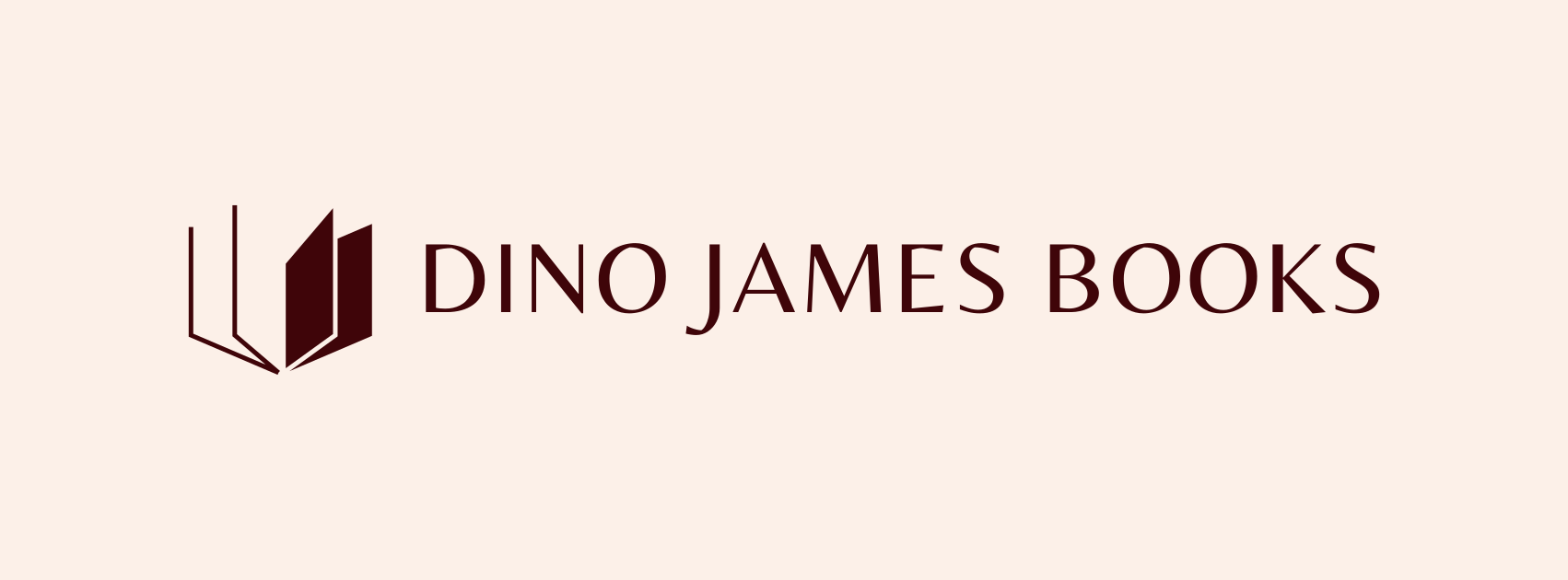Forgiveness, in the eyes of the world, often feels like surrender. Like losing. Like letting someone off the hook. And so we resist it—not because we don’t want peace, but because we’re afraid of what we believe we’ll have to give up to get there.
We think forgiveness means giving up justice, letting go of dignity, or abandoning self-respect. We hold on to anger because it makes us feel strong. We cling to the story of betrayal because it gives us identity. We replay the hurt because it keeps our moral superiority intact.
So when A Course in Miracles teaches that forgiveness is the key to happiness, it challenges everything the ego has taught us. It asks us to look honestly at our resistance and see that what we think is protection is actually a prison.
Forgiveness doesn’t feel like death because it is death. It feels like death to the ego, which equates grievance with power. To forgive is to dismantle the ego’s carefully constructed identity—a self built on being right, being wronged, being wounded. It’s no wonder we feel fear at the threshold of forgiveness. Something is dying. But it’s not you.
What dies in forgiveness is the story. The wound, no longer fed by our attention, begins to heal. The attack, no longer rehearsed, begins to fade. The identity, no longer centered on pain, begins to dissolve. And in that space, something new emerges—something lighter, freer, more aligned with what you truly are.
The Course says:
“Forgiveness is the means by which the fear of death is overcome, because it holds no one prisoner to what he has done.”
Forgiveness releases you as much as it releases the other person. Maybe more so. Because every judgment we hold acts as a wall in our own mind. Every grudge is a chain around our heart. Every refusal to forgive is a refusal to know peace.
And yet—we resist. We argue with ourselves. They don’t deserve it. They never apologized. They hurt me on purpose. These may all be true on the level of form. But the Course invites us to see beyond form to content. To go deeper than behavior and reach into the level of mind. And at that level, only two things exist: love and a call for love.
The one who hurt you—what if that was their call for love?
The one who abandoned you—what if they were lost in fear, just like you’ve been?
The one who betrayed you—what if they forgot who they were, just as you have forgotten who you are?
This is not an invitation to minimize pain or deny injustice. It is an invitation to see differently. To understand that forgiveness is not a gift to your offender—it is a gift to your soul.
There was a time in my life when I clung to a grievance for years. Someone I trusted had failed me. Not just once, but repeatedly. I carried the weight of their betrayal like a stone in my chest. I told the story countless times. I refined it, perfected it, made it airtight. I knew exactly why I was right—and they were wrong.
But I wasn’t free.
Eventually, the emotional pain outweighed the perceived righteousness. I wanted peace more than I wanted to be right. I asked the Holy Spirit to help me. “I’m willing,” I said. “But I don’t know how.”
That was enough.
Slowly, gently, I began to see that my judgment was hurting me more than their actions ever had. I was keeping myself stuck in the past. I was crucifying myself between two thieves: regret for yesterday and fear of tomorrow. I was keeping alive what I most wanted to forget.
And then came a moment of clarity: to forgive was not to say what they did was okay. It was to say I no longer choose to suffer because of it.
It wasn’t a grand moment. It was quiet. No fireworks. No emotional climax. Just a soft inner shift. A letting go.
I began to think of them with less heat. Less edge. Eventually, with compassion. Eventually, with love.
And in doing so, I found myself again.
That’s the paradox of forgiveness—it feels like giving something up, but you’re actually getting something back. You’re getting yourself back. The Self that is whole, unburdened, and at peace.
The ego will scream that this is unsafe. That if you forgive, you’ll be hurt again. That forgiveness is weakness. That people will walk all over you.
But the Course teaches:
“It is not your forgiveness that sets the world free, but your recognizing that you are the one it is freeing.”
Forgiveness is not about condoning behavior. It’s about reclaiming your inner peace. It’s not about fixing someone else. It’s about freeing yourself from the loop of suffering.
The world may not understand. In fact, the world may mock you for it. The ego thrives in a world of grievances. It builds entire systems around blame and punishment. But you are not of this world. You are of God. And God’s world is built on grace.
So how do you begin?
You don’t need to feel ready. You only need to be willing. Willing to see the person as more than their behavior. Willing to see yourself as more than a victim. Willing to open your heart to what the ego fears most: healing.
You may not know how to forgive. That’s okay. Spirit does. Your job is only to invite the process and let it unfold in its own time.
Say, “I want to forgive. Please help me.”
Say, “I release the story. I release the judgment. I choose peace.”
Say, “Even if I don’t know how, I’m willing to see this differently.”
Then wait. Watch. Feel the shift.
Because the moment you choose forgiveness, a part of you rises from the dead. A part of you returns home.
And in that resurrection, you realize:
Forgiveness didn’t kill you.
It saved you.

